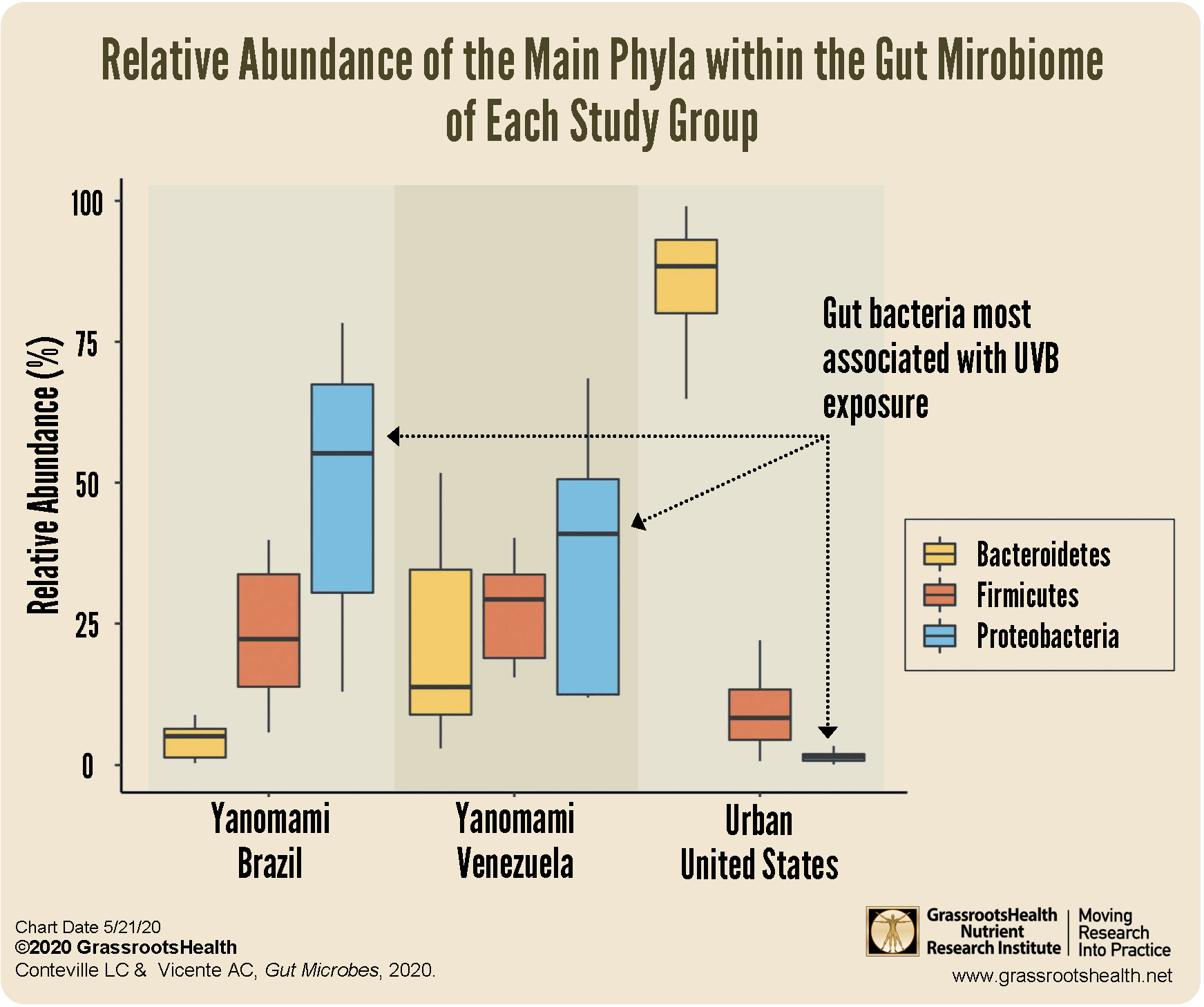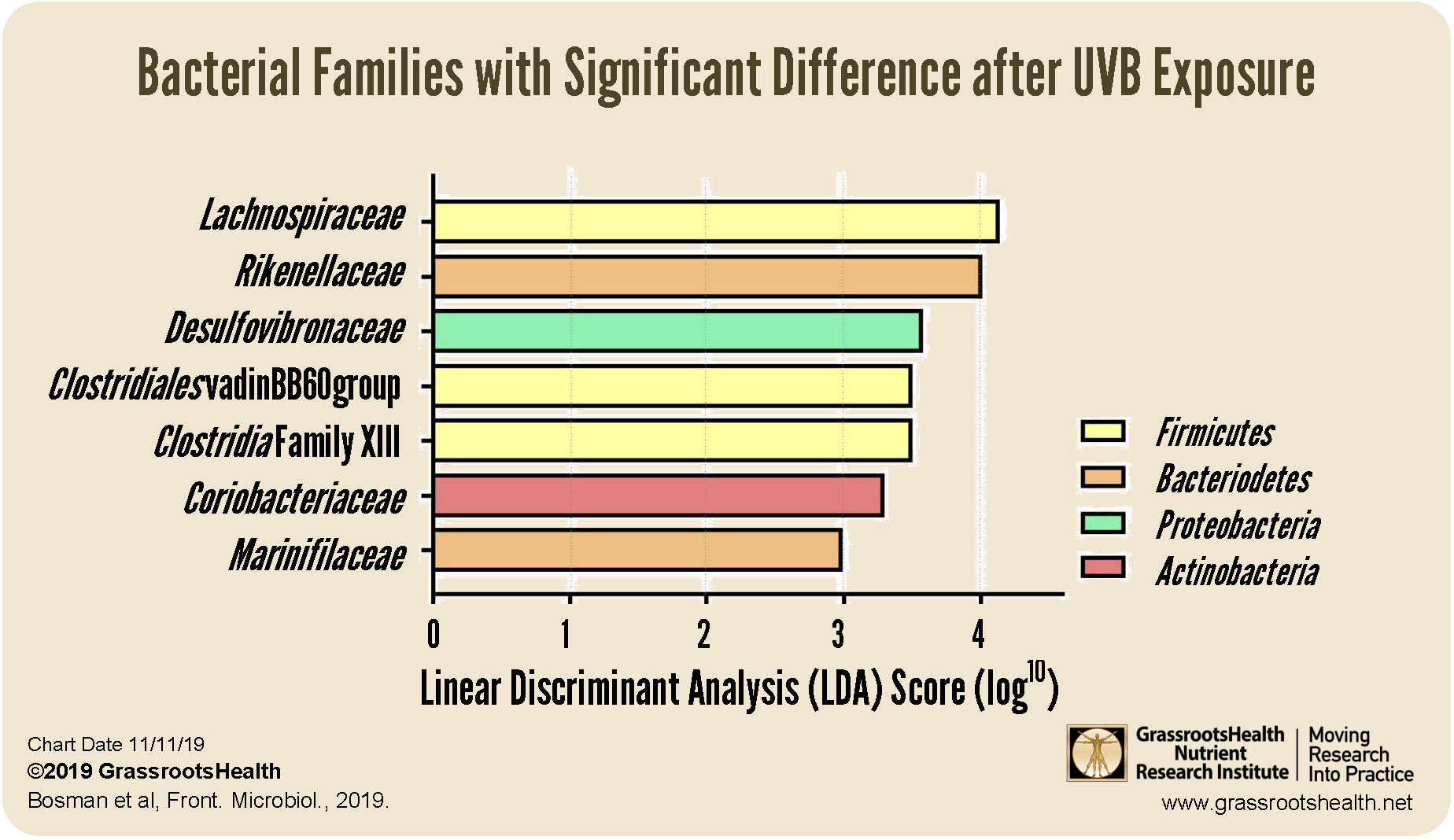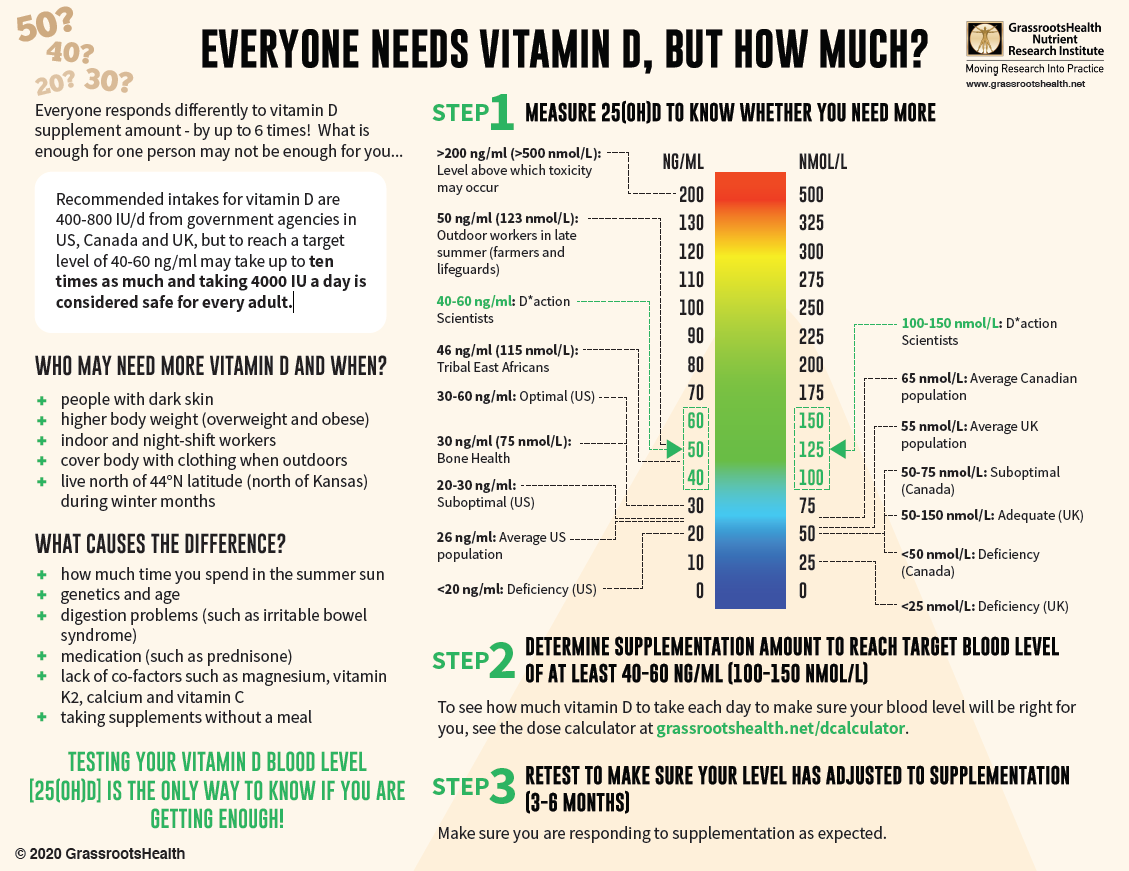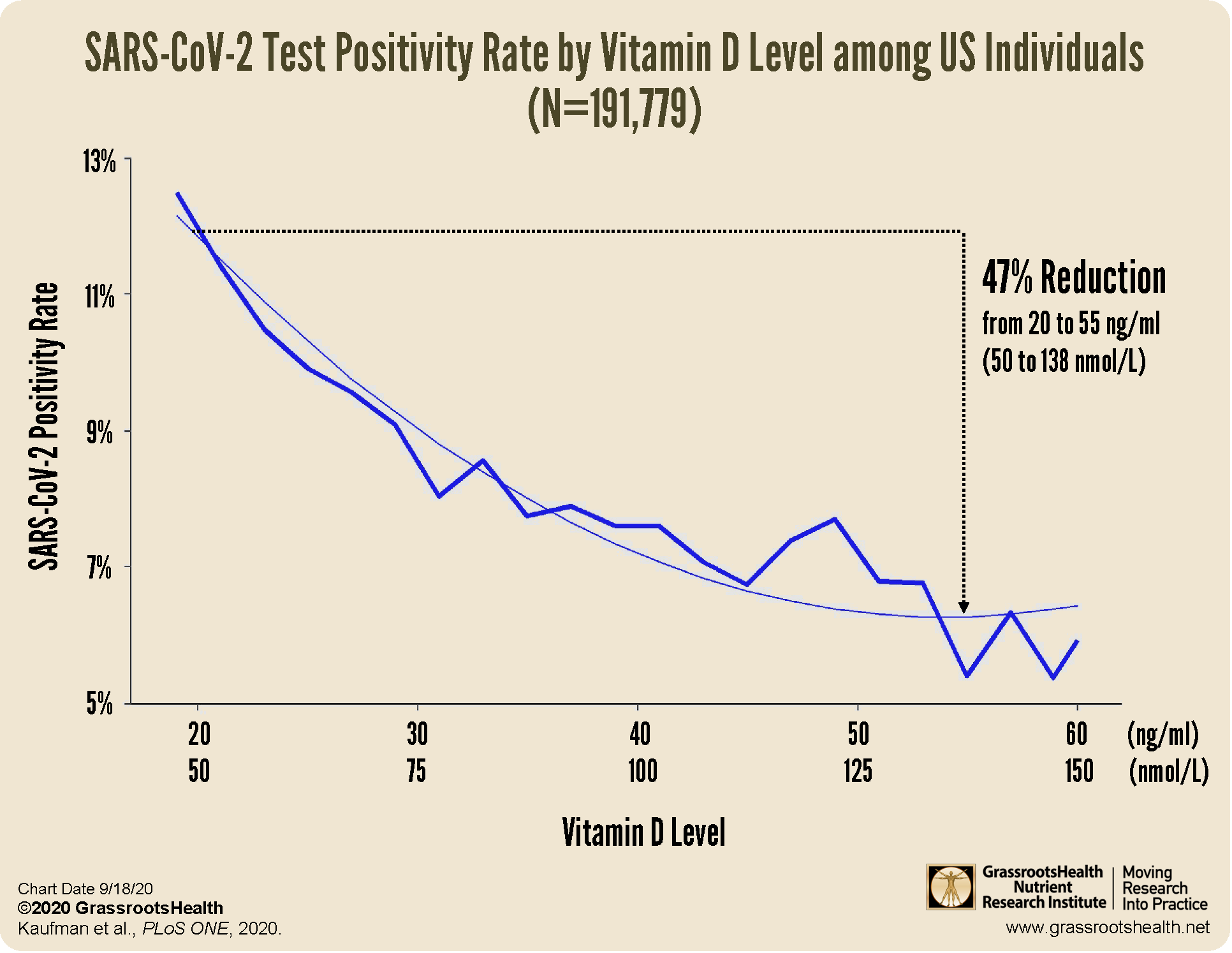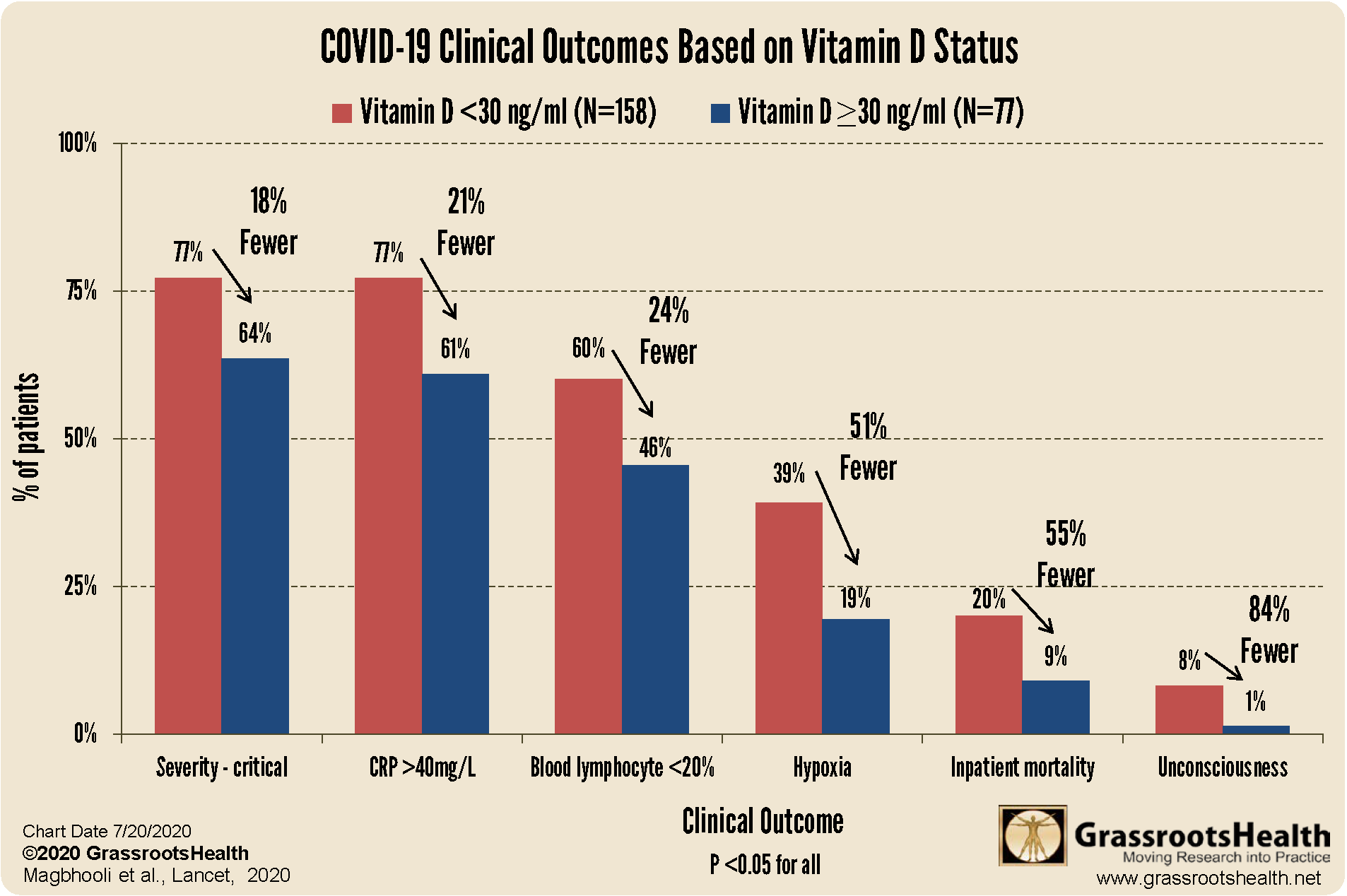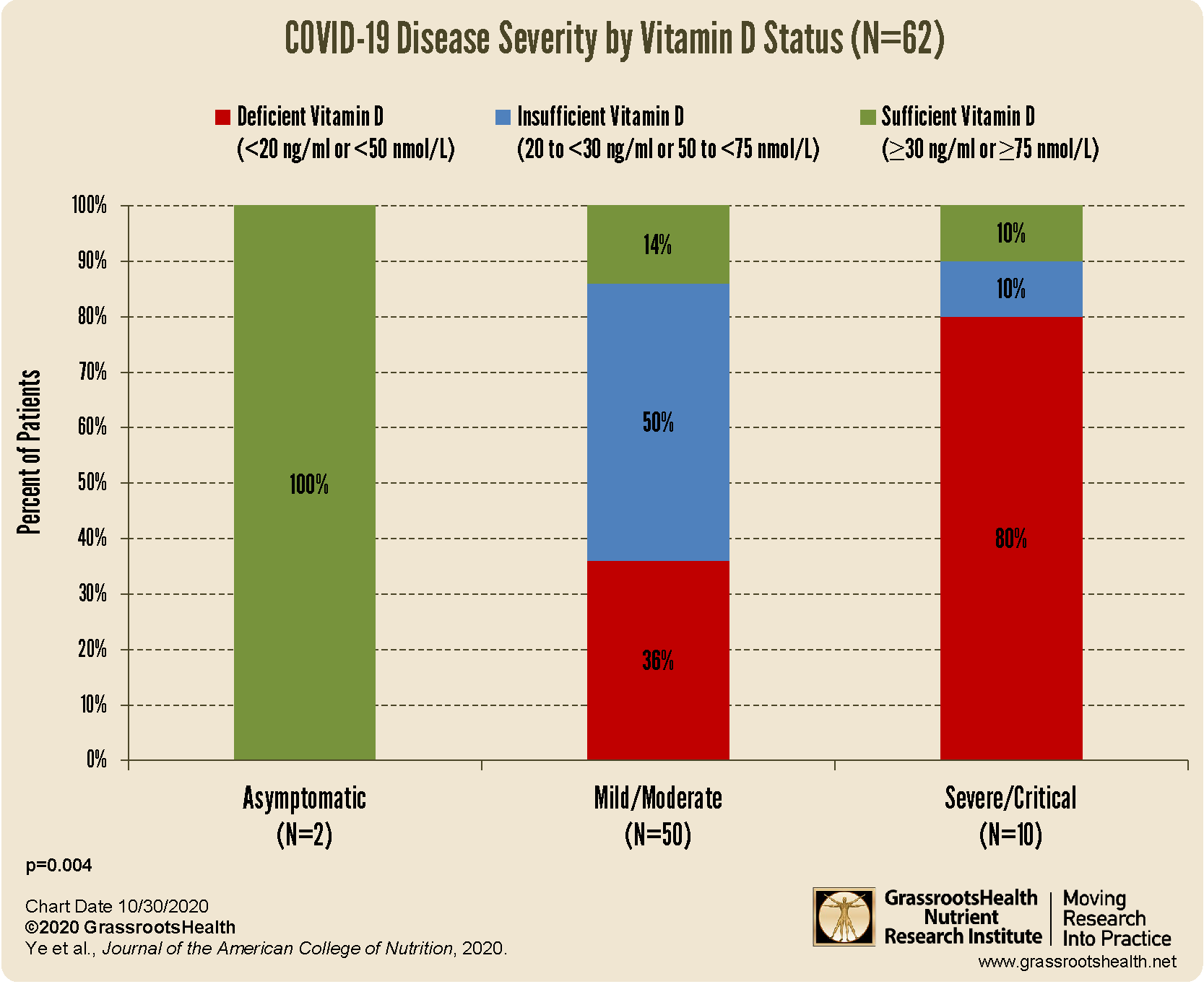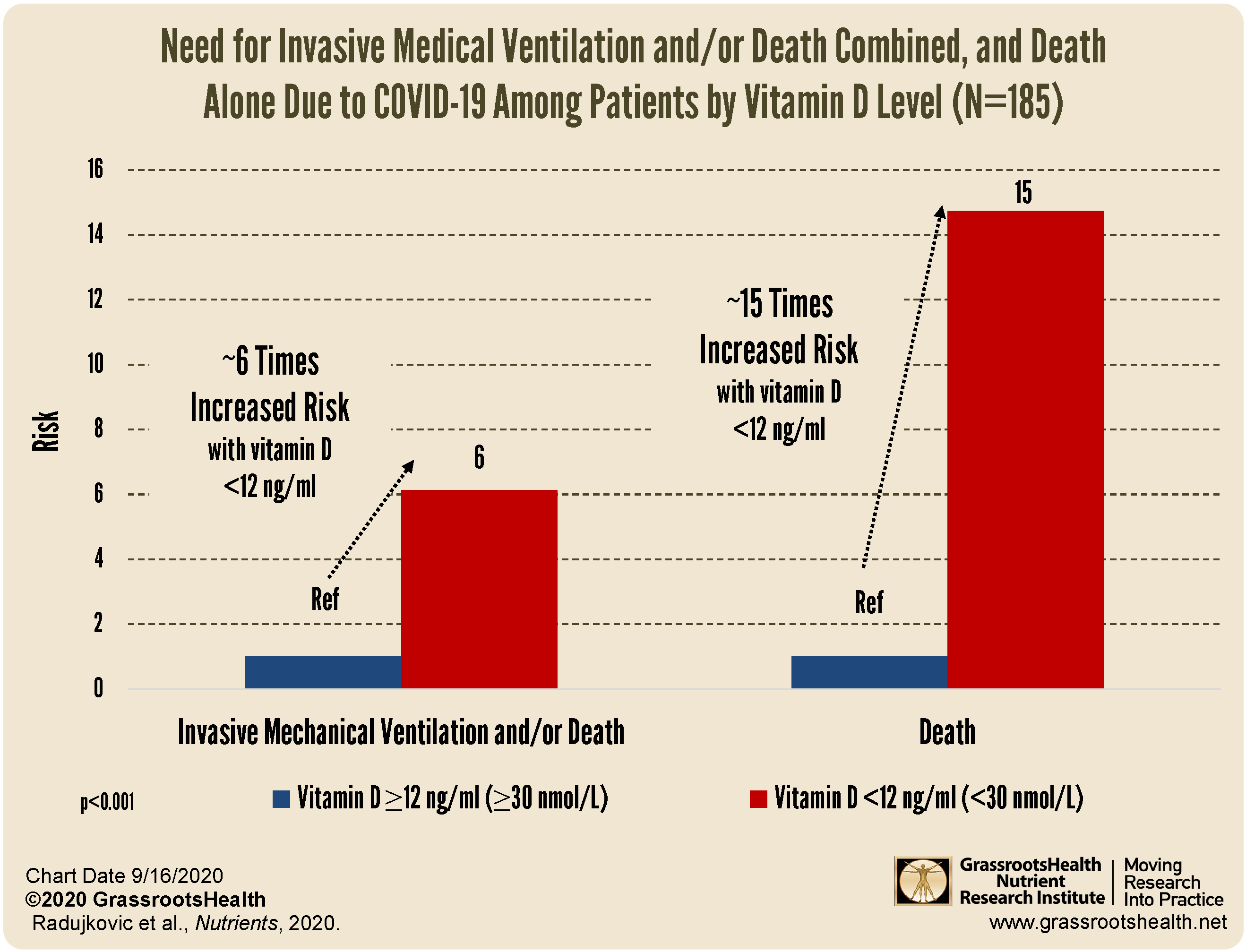Published on April 5, 2021
What is Vitamin D Good For? (Part 8: Digestive Health) – Vitamin D is needed by virtually every cell in the body, and is essential for hundreds of processes each and every day
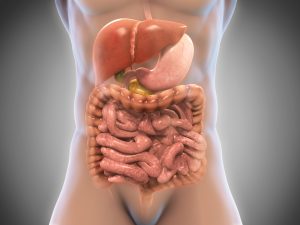 Today, as part of our What is Vitamin D Good For? series, we will focus on the intricate relationship between vitamin D and the digestive system. Because vitamin D acts as a protector and regulator of all cell types, tissues, and organs, it is able to enhance the functioning of each system of the body to help keep us healthy.
Today, as part of our What is Vitamin D Good For? series, we will focus on the intricate relationship between vitamin D and the digestive system. Because vitamin D acts as a protector and regulator of all cell types, tissues, and organs, it is able to enhance the functioning of each system of the body to help keep us healthy.
So far, we have covered how vitamin D contributes to the health of the musculoskeletal system, dermatological system, reproductive system, respiratory system, cardiovascular system, and to cancer prevention and cognitive and mental-emotional wellness. A deficit in vitamin D can lead to impairment or disease in each of these systems – from brittle bones to heart disease, cancer and dementia. With this in mind, why take a chance at being deficient in vitamin D?
Summary of Overall Benefits of Vitamin D for Digestive Health
Vitamin D functions in the digestive system to:
- Help regulate calcium absorption
- Important for absorption of magnesium, phosphate, iron and zinc
- Protect the gut by influencing immune cell function and regulating inflammation
- Enhance the diversity and richness of the microbiome, and increase healthy bacteria in the gut
Digestive Diseases associated with low vitamin D include:
- Non alcoholic fatty liver disease
- Inflammatory Bowel Disease (IBD)
- Crohn’s disease
- Ulcerative colitis
- Colon cancer
Digestive Diseases Increase the Risk of Vitamin D and Other Nutrient Deficiencies
Individuals with gastrointestinal disorders are at increased risk of nutrient deficiencies and may not be getting as much vitamin D as someone with normal gut function. Problems absorbing dietary fat and/or inflammation within the gut, as well as an imbalance in the microbiome, are some of the main causes.
Digestive conditions such as irritable bowel disease, Crohn’s disease, or celiac disease can limit the absorption of oral vitamin D, and those with diseases of the liver (e.g. fatty liver) or pancreas, who have had their gallbladder removed, or who have had bariatric surgery bypassing the small intestine are more likely to have trouble absorbing or metabolizing vitamin D.
Unfortunately, these diseases may benefit from increased vitamin D levels, making it important for individuals with them to get enough vitamin D through other means. An increased dosage of oral vitamin D3 might work for some; for others vitamin D metabolites may be needed (please consult with your physician if this is the case). Topical vitamin D preparations have been found to be efficient at increasing blood vitamin D levels in populations with digestive issues. And, sunlight or an indoor UVB device can also help raise and maintain vitamin D levels, while also providing other benefits that result from healthy sunlight exposure.
Vitamin D Provides Benefits to Our Digestive Health
Vitamin D levels correlate with intestinal motility. In patients with stomach paralysis from inflammatory enteric neuropathy, the correction of vitamin D deficiency improved gastrointestinal motility and related symptoms. In a randomized controlled trial of patients with Crohn’s disease, vitamin D supplementation (2,000 IU per day for 3 months) was demonstrated to maintain intestinal integrity and reduce leaky gut in comparison with controls. They also had reduced evidence of inflammation, measured by C reactive protein and antimicrobial proteins.
Vitamin D is a known regulator of immune system function, including within the gastrointestinal tract. In the gut, vitamin D stimulates the production of agiogenenin-4, an antimicrobial protein (similar to cathelicidin) and it influences macrophage activity. Vitamin D helps protect the gut itself from pathogenic invaders, such as viruses and bacteria that can lead to digestive upset and other symptoms throughout the body, and it helps regulate inflammation that can be caused by these pathogens, as well as foods and toxins.
Vitamin D Positively Influences the Gut Microbiome
Your gastrointestinal tract is home to trillions of microbes (bacteria, viruses, and yeast), called your “microbiome,” which act as their own organ and are crucial to your overall health. Your gut microbiome plays important roles in training your immune system, preventing disease-causing bacteria from taking up residence, controlling the digestion of food, producing nutrients for our absorption, interacting with your central nervous system, and influencing other bodily processes.
A disruption of a healthy microbiome, called dysbiosis, contributes to obesity, chronic diseases such as diabetes and heart disease, and even influences your mental health. A recent study found that vitamin D supplementation over 12 weeks resulted in changes in the gut microbiome in healthy women. Vitamin D supplementation was found to beneficially increase the overall diversity of the gut microbiota, and in particular increased the relative abundance of Bacteroidetes while decreasing the relative abundance of Firmicutes. A high ratio of Firmicutes to Bacteroidetes has been correlated with obesity and other diseases whereas a decreased ratio has resulted in improvements to gut permeability and inflammation. In other words, vitamin D supplementation altered the relative levels of the healthy type bacteria (Bacteriodetes) that are especially associated with improved gut health. In fact, these authors suggest that the differences in microbiome may contribute to the large variation seen in blood vitamin D levels in response to vitamin D supplementation.
Similar Shifts in the Microbiome Seen with Sun Exposure
In a previous post, we highlighted similar effects found in a study conducted by Bosman et al. which demonstrated that UVB light from the sun increases serum vitamin D levels and also has a beneficial impact on diversity and abundance of the bacteria species of the gut microbiome.
Another study looked at the differences in microbiome diversity among women who took vitamin D supplements compared to women who did not. They found that the diversity and richness of the microbiota was much lower in those who did not supplement with vitamin D compared to those who did supplement. Exposure to UVB resulted in a significant increase in microbiota diversity and richness among those who did not supplement, but interestingly, no change was observed among those who were supplementing with vitamin D and already had a healthier microbiome. The end result was a similar diversity of microbiota between both groups post UVB.
This suggests that individuals with lower vitamin D serum levels have a less diverse microbiota, and that UVB exposure alone is sufficient to increase that diversity.
The above chart shows the strains of bacteria that were significantly affected by UVB exposure. Several bacterial strains, including some from the Lachnospiraceae, Ruminococcus, and Clostridiaeae families, increased with UVB exposure. These strains are associated with a healthy microbiome, and in previous studies, members of the Lachnospiraceae family were associated with improved health status in comparison to individuals who had immune-mediated inflammatory diseases.
Other Nutrients Affected by Digestive Health
Gut health directly influences the level of other important nutrients, which require a healthy digestive system for absorption and/or a healthy microbiome for production and metabolism. Some of these nutrients include:
- Magnesium
- Omega-3 Fatty Acids
- Zinc
- Iron
- B Vitamins, including B12, B2, and B1
- Vitamin K2
- Fat-soluble vitamins (A, D, E, K)
Could Your Digestive Health be Affecting Your Level of Vitamin D or Other Nutrients
With almost 90% of the general population having vitamin D levels below the recommended 40-60 ng/ml (100-150 nmol/L), it is obvious that most people need more vitamin D. While most of us cannot achieve a vitamin D level of 40-60 ng/ml from sun alone, either due to our lifestyle, where we live, or other circumstances, we can certainly reach those levels with the right amount of supplementation.
Below is another guide for how much you might need, and who may need more. Your levels can be tested safely at home – order your home test kit today.
By joining the GrassrootsHealth projects, you are not only contributing valuable information to our study, but you are also gaining knowledge about how you could improve your own health through measuring and tracking your nutrient status, and educating yourself on how to improve it. Do you know what your status of vitamin D, omega-3s, and other essential nutrients is? Could your levels be improved? Test now to find out!
 We now have a NEW GIFTING SERVICE that allows you to quickly send ‘Gift Cards’ to friends, family and coworkers who you consider might need immediate access to testing, and to Claim the Joy of Your Health TODAY. Give the gift today!
We now have a NEW GIFTING SERVICE that allows you to quickly send ‘Gift Cards’ to friends, family and coworkers who you consider might need immediate access to testing, and to Claim the Joy of Your Health TODAY. Give the gift today!
What does the Research Say about Vitamin D & COVID-19?
It’s TIME to start saving lives! If you can help PREVENT the majority of the death, it’s time! What’s it costing you/us not to take action NOW?
There is much published research that supports a clear link between vitamin D and COVID-19 showing that higher vitamin D levels are related to:
a decreased risk of testing positive for COVID-19
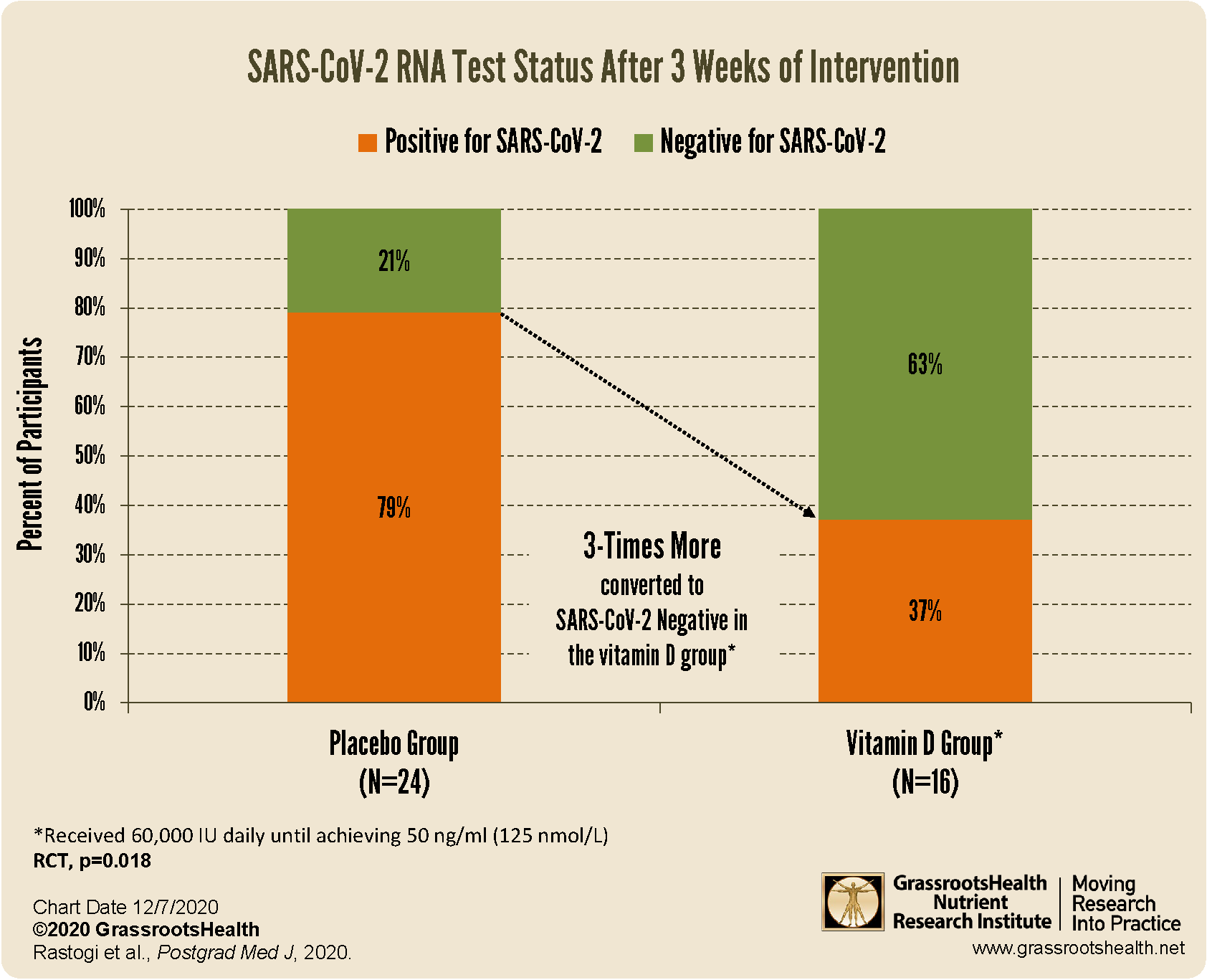 increased viral SARS-CoV-2 RNA clearance
increased viral SARS-CoV-2 RNA clearance
better clinical outcomes among patients with COVID-19
decreased risk of death due to COVID-19
Be sure to educate yourself on the benefits and importance of vitamin D for immune health, and take steps to ensure you and your loved ones are getting enough.
You can review all of the COVID-19 and immune health information we have shared on this page.


